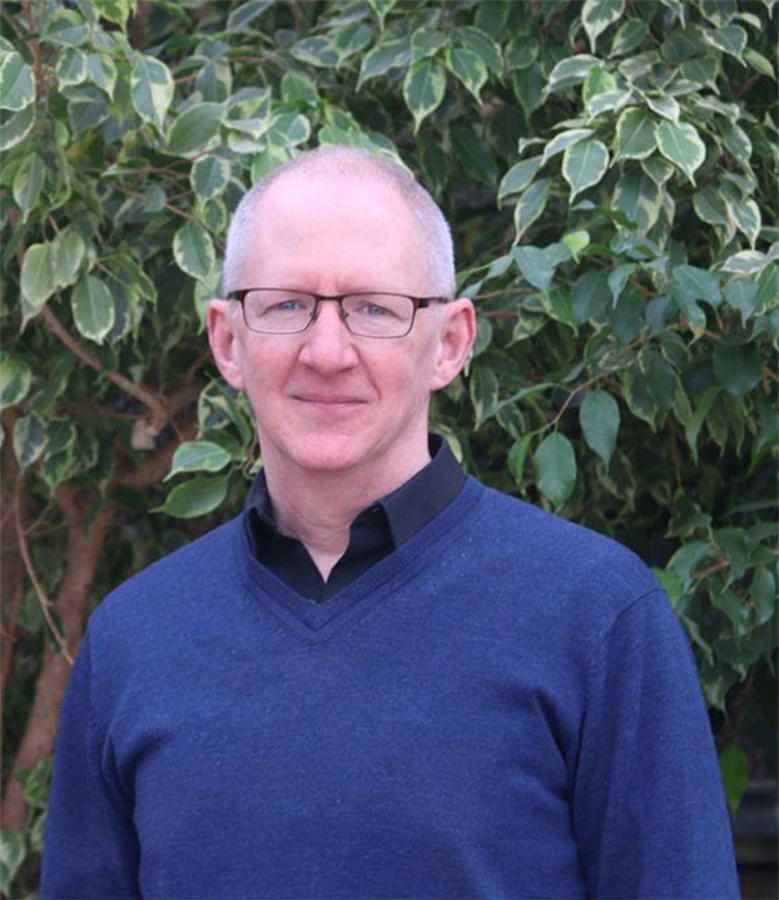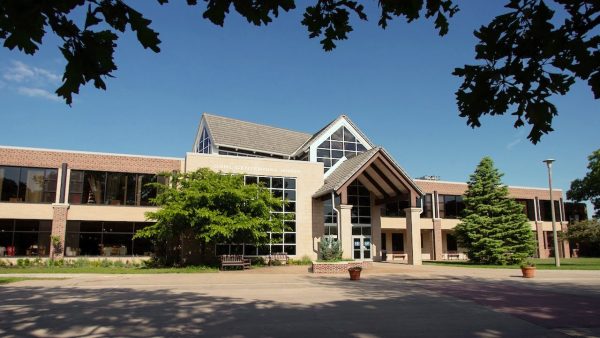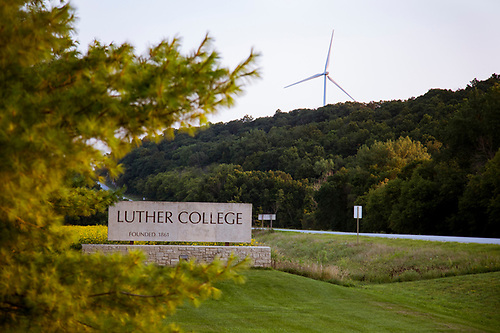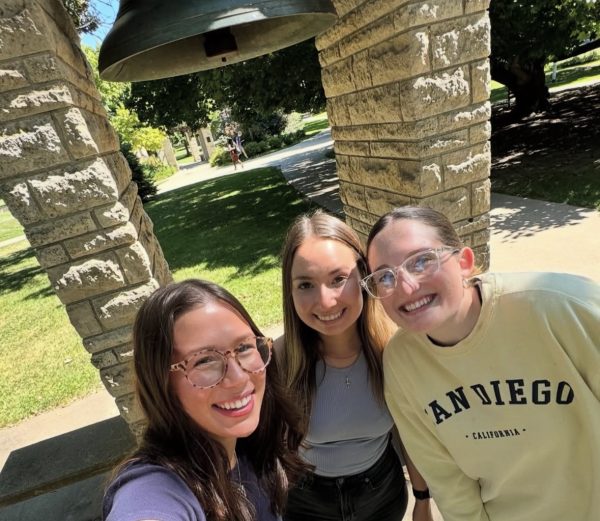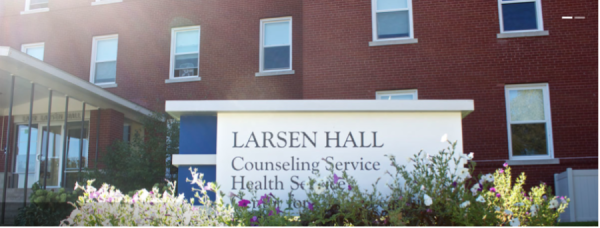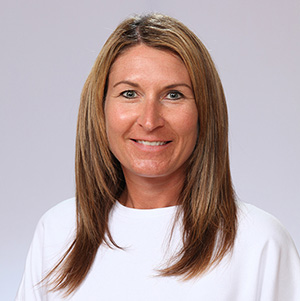Luther Biology Department hosts “Biology Colloquium” with Rufus Isaacs
Luther students and faculty in the biology department recently had the opportunity to learn about the effects of crop diversification from the Michigan State University Professor of Entomology Rufus Isaacs, who hosted his biology colloquium, “Integrating Plant Diversity into Farms for Improved Crop Pollination and Pest Regulation,” on Thursday, October 7.
During the colloquium, Isaacs focused on the importance of crop pollination, how humans can support insects that benefit crops, and how farms can increase pollination through habitat conservation. He also emphasized the intersection of all of these topics, and how plant diversity supports all species.
Isaacs’ presentation was primarily concerned with the impact of pollinators and other natural supporters of crop development, highlighting the importance of sustainable agriculture. Sustainable agriculture could be improved, he argued, by promoting native plant diversity. Native plant diversity promotes pollinator diversity, and in turn, pollinator diversity then helps to improve the agricultural production of an area.
Isaacs argues that by employing sustainable agriculture, the crop production of an area will improve through better pollination, which benefits all consumers of the land, human or otherwise.
Isaacs explained this process through the specific example of wild bees pollinating blueberries, a process that creates a large and sustainable crop yield through near effortless pollinating. In this plant process, the anthers produce pollen and the stigma receives pollen.
“The bumblebees come to the flowers and they devolve with the blueberry flowers,” Isaacs said. “And they shake that flower at just the right frequency to shake these anthers. The pollen shoots out of these, gets all over their bodies, and then they go to the next flower and they stick the tip of their stigma at the amount of pollen. Those pollen grains germinate and go up. The stigma flowers one way around, and you end up with larger fruits, larger berries with greater mass [and that] have more seeds per berry. Pollen deposition is really critical. [It] takes more of these larger seeds to get large blueberries that can be harvested and sold to make more of a profit.”
Professor of Biology Kirk Larsen is the Director of Biology Colloquiums for the 2021 fall semester. Larsen has organized six programs for Luther this fall, which will encompass a range of biological topics.
Larsen noted that he tries to bring in at least one lecturer a year that focuses on pollination. This year, he wanted to get students to focus on pollination because of a recent Luther achievement in pollination conservation.
“One of the reasons I invited him [Isaacs] in is because he was talking about pollinators,” Larsen said. “This past year, Luther became a BEE Campus USA campus, which means we’re certified through the Xerces Society as performing a lot of practices that help to conserve pollinators.”
Biology major Hayley Carr (‘23) attended the lecture on Thursday and had a very positive and informative experience. Carr is also studying environmental studies and secondary education, so she was very interested in Isaac’s discussion of sustainable agriculture and how pollination plays into that issue.
“Pollinators are the big current issue, and I think that people are starting to realize more how important and vital pollinators are,” Carr said. “They are on the decline due to climate change, habitat loss, and so many other reasons. I think this research is showing how important both those native flowers, as well as pollinators, are to not only agriculture, but also how it impacts the economy.”
The next lecture in the biology colloquium series will feature a Professor of Biology from Carleton College, Dr. Daniel Hernández. The program is called “Reimagining Restoration: Grasslands Under Global Change,” and will be held on Thursday, November 4, 9:40 a.m. in Valders 206.

